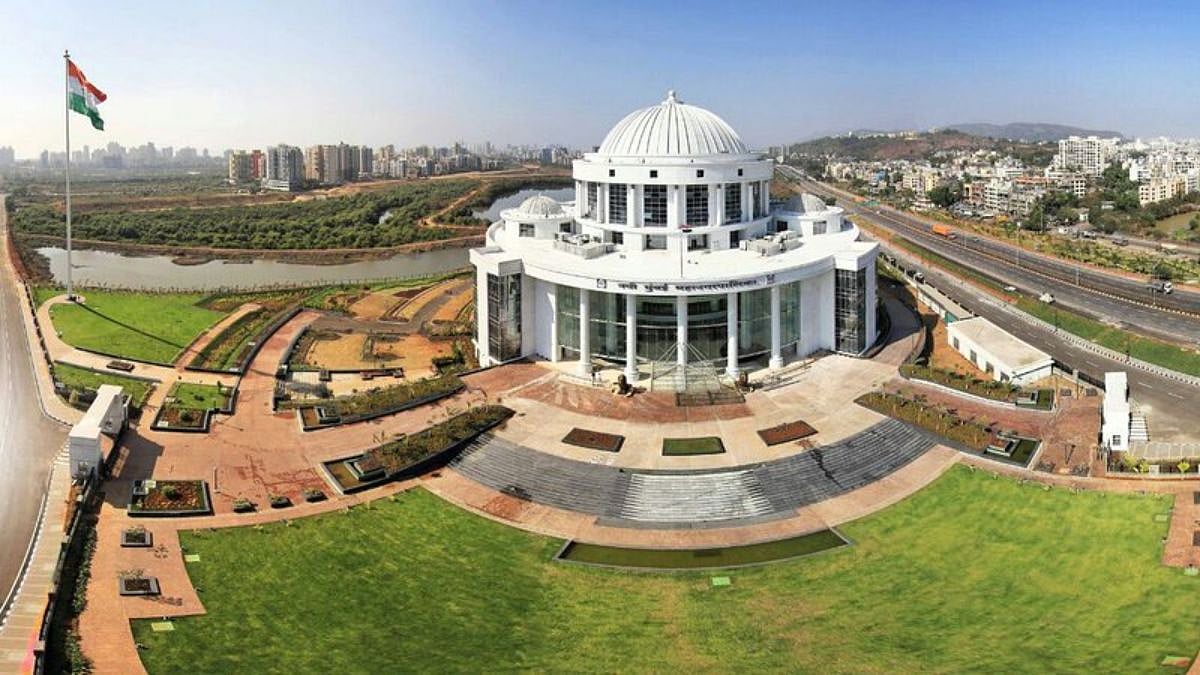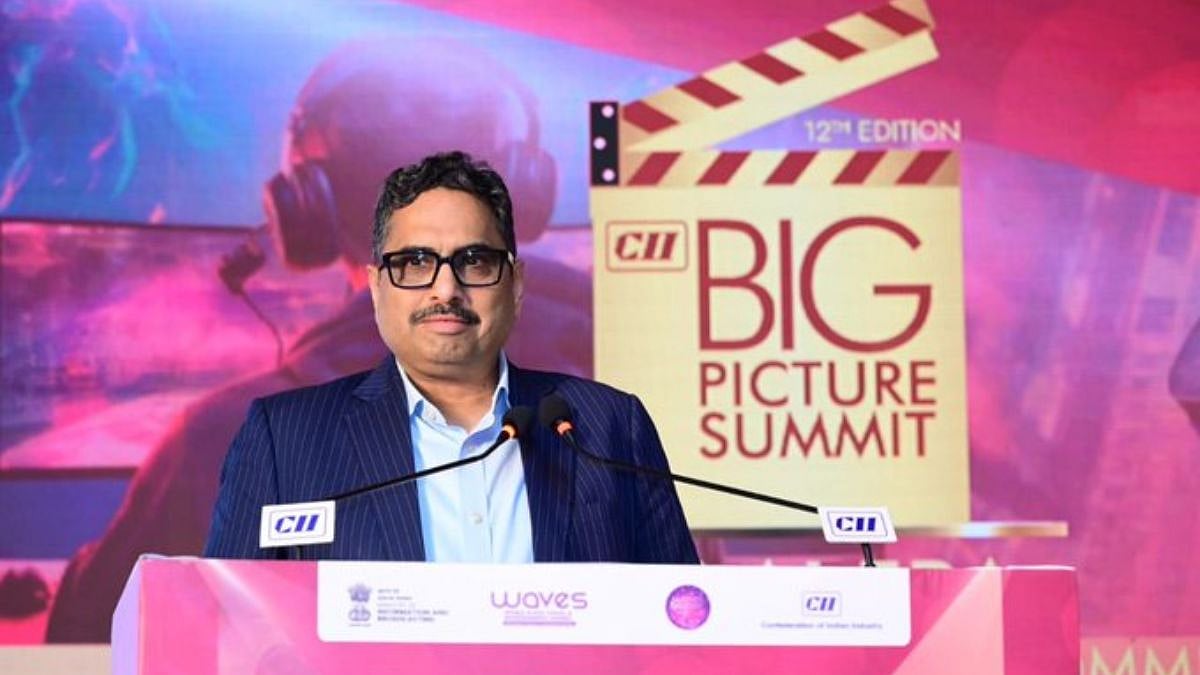The Government of India launched National Mission on Edible Oils - Oil Palm (NMEO-OP) in 2021with an aim to augment the availability of edible oil in the country by harnessing area expansion, increasing crude palm oil production. The ultimate objective of the reformed scheme has been to reduce the country's import burden. The NMEO-Oil Palm has its key focuses on assistance for planting material, inputs for intercropping upto gestation period of 4 years and for maintenance, establishment of seed gardens, nurseries, micro irrigation, bore well/pumpset/water harvesting structure, vermi compost units, solar pumps, harvesting tools, custom hiring centre cum harvester groups, farmers and officers training, and for replanting of old oil palm gardens etc. The total approved cost of the NMEO (Oil Palm) Scheme was ₹ 11,040 crore, out of which ₹ 8844 crore is Central share and ₹ 2196 crore state share. The Reassessment Committee of ICAR- Indian Institute of Oil Palm Research (IIOPR) has currently assessed around 28 lakh hectares potential for oil palm cultivation in India.
Godrej Agrovet, the country’s largest oil palm cultivator and palm oil processor, which plans to increase its acreage of oil palm cultivation to 1 lakh hectares from the current 65,000 over the next three years, on the back of this robust scheme, says the new policy has addressed many of the long existing challenges in India's oil palm cultivation and oil production. Free Press Journal spoke to Sougata Niyogi, Chief Executive Officer, Godrej Agrovet, in an exclusive interview. Excerpts:
What are the key issues that the palm oil sector faces in India and how helpful is the new policy?
Since agriculture is a state subject, one of the biggest bottlenecks for the oil palm farmers was the lack of coordination between center and state as far as the implementation of national policies concerned. Even today it exists. But what makes the latest scheme different is that it has covered some of the most important elements pertaining to the Centre-State coordination.
As you know, oil palm cultivation is a sector that has a very long gestation period. It takes 10-15 years to achieve at least break even. So, a long waiting period with continued capital infusion. Secondly, a very good understanding about the cultivation is needed because it is an exotic crop, which did not originate in India. Most of the germplasm (the most advanced in the world) has to be taken from the countries outside. Then the farmer needs to develop the entire expertise on how to maximize oil in terms of tonnes per hectare, to remain competent in the global market. Hence it is a difficult sector to get in without strong support from the government.
Now, NMEO-OP has addressed two things. Most significantly the Viability Price Gap (VPG) funding. Under the new scheme, the government has made viability gap funding permanent for the next 15 -16 years (till 2037). That is why we are quite confident that this time that the results will come, or should come if both governments are on the same page and working with this common objective. Obviously, a company like ours, who are the partners for this development is also going to play a very crucial role.
So this was not the scheme earlier?
No. We have been in this business for almost two decades and have grown to a good size of the plantation. However, one bad year will make our plantation size only 20 percent and the rest is uprooted. That's why the farmers see no future in this crop as they would suffer heavily if things go wrong. This actually gives us a huge setback because once you set up the entire agenda, convince a farmer, bring sprouts from abroad, get very healthy seedlings ready, take a farmer on board, and then 3-4 years you help him for each and every step to get a good plantation. Ideally, the farmer should be able to start earning from 4th year onwards, till the 25th year of the plantation.
Does the new scheme provide adequate assurance?
When a farmer adopts a crop, he needs an assurance that this is a 25-year-long crop, if tomorrow something goes wrong with the price, he should be assured of some return. Now, what the government is saying is that the Viability Price(VP) would provide decent profitability with all the farmer's inputs and land, and it has also taken inflation into consideration. So VP is assuring for a full year what price he should get. Most of the time when the global commodity market is bull, that time the price he is going to get is much above this. But, if there's a meltdown, this VP is framed over a period of 5 years based on global price plus there's a multiplier for four years of cumulative inflation. So in that scenario, what is going to happen, even if the price falls from Rs 1,20,000 to 60,00, the farmer will be buffered somewhat around INR 85-90,000. So the insurance VP and the formula price what companies are paying and the difference is going to be paid by the Central Government through the Department of Biotechnology.









